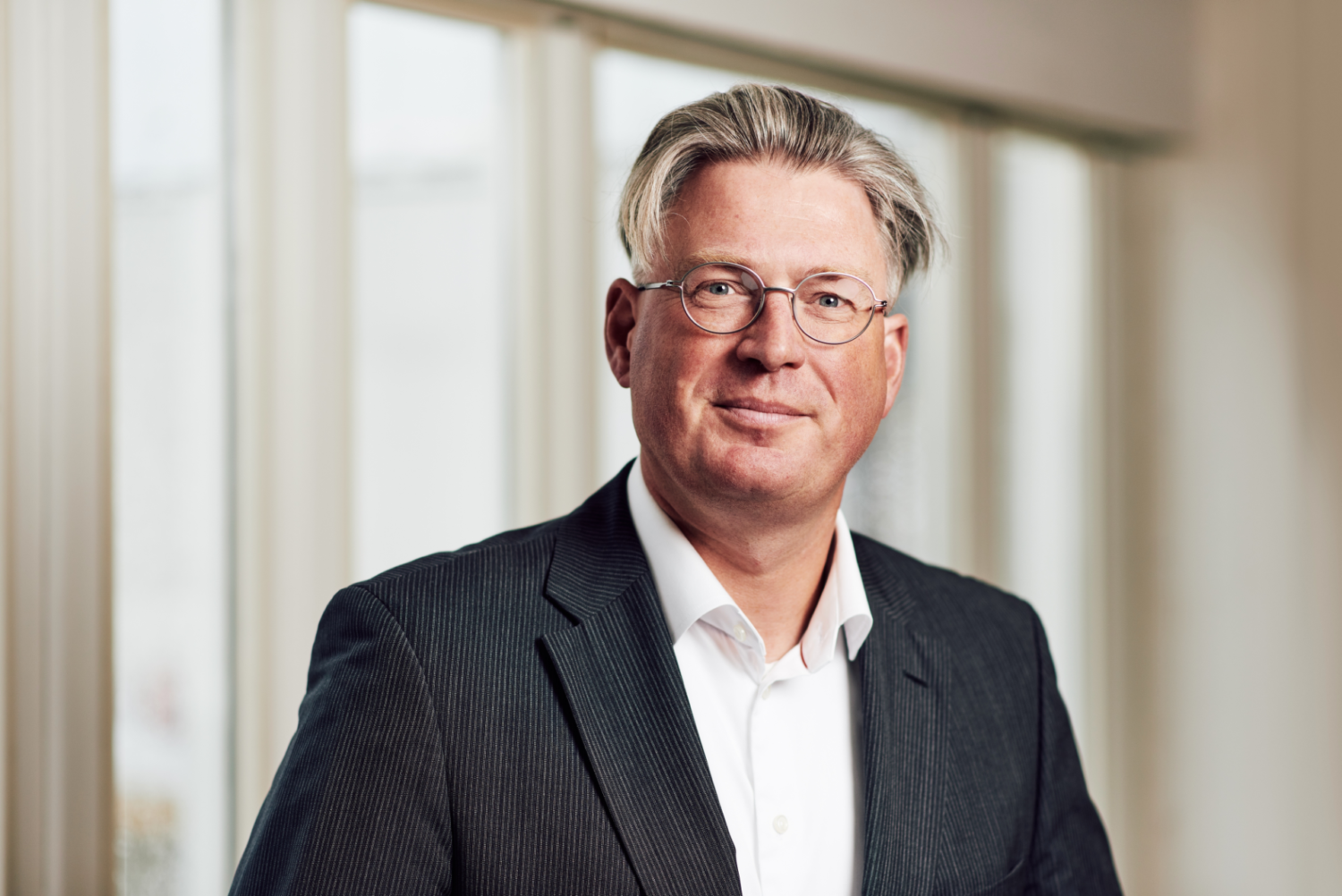Besides being a specialist maker of medical tools, Roden-based DEAM turns out to be an expert in setting up a solid infrastructure for the production of medical devices at lightning speed. Take the cotton swabs, the so-called swab sticks, for which the Netherlands was waiting with bated breath. DEAM arranged for the 3D-printed swabs from Oceanz - within the EU directives - to be allowed onto the market in the blink of an eye.
It is the advantage of a company that, before it started, figured out exactly how it wanted to operate. When DEAM started in 2017 and began focusing on steerable instruments for laproscopic surgery ("keyhole surgery"), founder Wimold Peters and his colleagues had first formulated a set of principles. DEAM wanted to make use of the "local supply chain. ''And in addition, we wanted to have all the necessary knowledge and expertise in-house,'' Peters says.
Using skills more broadly
The model worked well. When demand for the Laproflex, the surgical instrument that allows surgery "around the corner" thanks to a technology borrowed from squid, came to a halt, DEAM suddenly found itself with more irons in the fire than just the production of medical instruments. Thanks to the previously formulated principles, the Roder company discovered skills within itself that can be applied more broadly.
It all started with the local supplier chain, within which Oceanz reported to print cotton buds. Wimold Peters: ,,It is a medical device that is subject to all kinds of rules. And it soon became clear that a two-year process actually had to be done in two weeks. On April 4 we started talking. We called in Almed for the packaging; we took charge of the development and quality. The rods came out well in the RIVM tests and three weeks later we were operational. And on April 24 we hit the ground running with a daily production of 30,000 swabs, while by May 5 the 370,000 cotton swabs requested by Minister Hugo de Jonge had been delivered. Incidentally, not with a commercial angle but simply because we had to.''
No consultants, all in house
We take a step back in time to explain why DEAM's role is so special. Starting in 2017, the Roder company completed the process from technology to product. Everything was done in-house according to agreed principles. ''No consultant was involved, after all, we had everything in-house,'' Peters says. The required ISO 13485 certification was useful, because it made it possible to bring the chain of research and development, product and sales plus services under one ISO umbrella. It proved an additional acceleration in the process. Peters: ,,As a result, we are alongside the users of the Laproflex on the first four operations in the OR. Until March 8.''
Peters and his colleagues knew full well at that time what was going on in China. Fifteen appointments were initially scheduled for the week of March 9, but by March 9 they had all been canceled. Everyone ended up sitting at home and that was a huge shock,'' Peters remembers. The introduction of a new instrument (a Laproflex that can also cauterize blood vessels) is planned for June. ''We looked at what we had to do to make it go through,'' Peters says. ''And at the same time, we brought forward as much as we could. You make sure you steer on a realistic horizon. That is, there have to be arguments for doing or not doing something.''
'We are playing Champions League'
And so that's where the Oswab project rolled in. Without even a hint of boasting, Wimold Peters states: ,,We are now playing Champions Leaugue, in everything we do. There is even CE certification on these swabs already.''
He is proud, he reports, because technically DEAM can handle the situation, but it also has great adaptability. With that, the Roder company is far from finished, Peters realizes all too well. Last year, DEAM attended eight conferences, but that kind of massive gathering is now out of the question. And there is no longer any need for a flight to Barcelona or Vienna.
'People in care need a break'
''Our tools are still needed as before, but the infrastructure has gone totally over the top,'' Peters notes. ''So we will have to do things differently. The issue is whether we will be fast enough soon and whether we will get enough traction on sales to survive. Now you see that mainstream care is also getting back on track, when people have just made a phenomenal effort. So those people also need to recover for a while.''
The blow to DEAM will come when everyone is back in full swing, Peters suspects. The big question for Peters is: how to get to his customers. But he is confident, because without any pressure, DEAM has already delivered a top performance: ''We never realized it until now, but the time frame in which we have realized a surgical instrument and brought it to the market has been unimaginably fast.''
